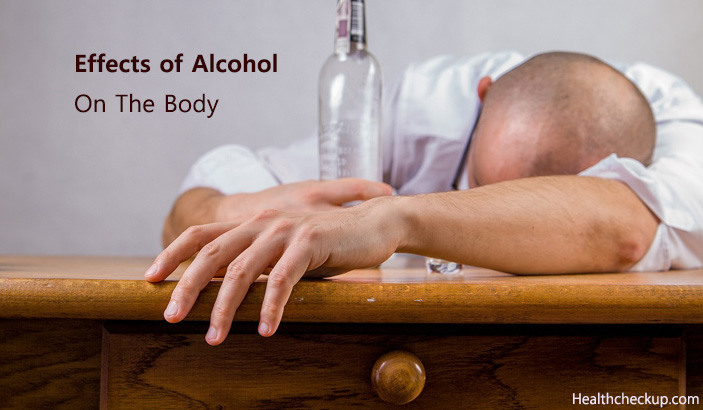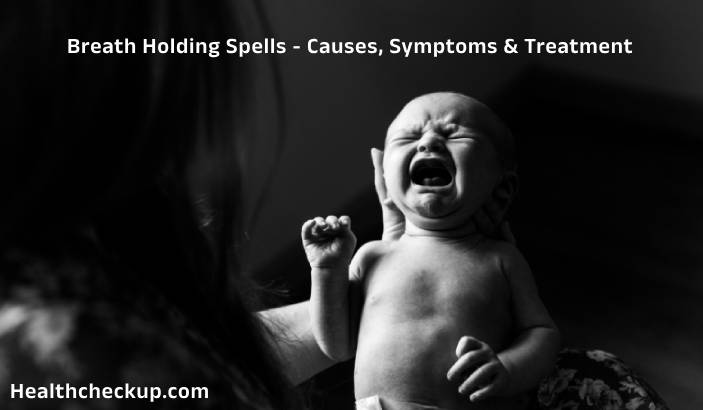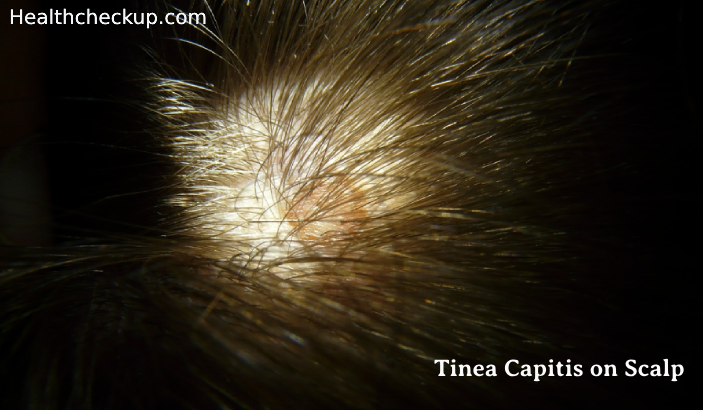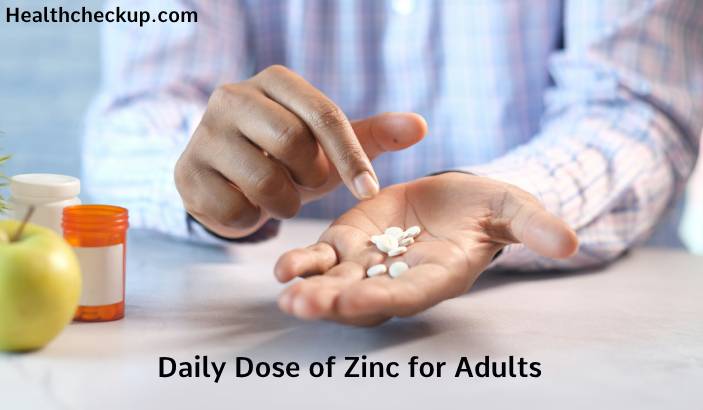A drink with the ladies or the boys after work is often a plan. Nothing soothes you more than a cold one after a long hectic day. Healthy alcohol consumption is something that people do not fully understand. A regulated amount of alcohol is advised. For example, a glass of wine after a meal can help in digestion. Some alcohol also helps boost creativity and also reduces the risk of getting diabetes.
Overindulging or binge drinking could have some serious effects on your body. These effects are negative and harmful to your body. What does alcohol do to your body can be classified into two main categories. There are long term effects and short term effects of excessive consumption of alcoholic beverages.
Long Term Effects
One of the main long term effects of consumption of alcohol is Alcoholism. This condition is also called Alcohol Use Disorder. Alcoholism is the situation where a person becomes totally dependent on alcohol. One cannot function normally without drinking some alcohol. This condition has serious physical and also mental repercussions. If left unchecked this condition can deteriorate and even lead to death.
- The liver is the organ that metabolizes our food and also drinks. When you take too much alcohol at once or over a long period, the liver does not perform its functions properly. Taking too much alcohol makes fat accumulate around your liver. This condition is called Fatty Liver Disease. If not checked, diseases like cirrhosis may develop. This may eventually cause the liver to fail entirely.
- Too much consumption of alcohol also affects your brain. Alcohol causes your frontal lobe to shrink. You can no longer develop new memories. It impedes your learning and cognitive skills. Eventually, your brain stops developing and dementia and memory loss are experienced. Diabetes and alcohol consumption do not mix well. Reasonable drinking reduces the risk of diabetes. However, once diagnosed with diabetes, alcohol worsens the condition.
A host of other diseases or ailments can also be attributed to alcohol. It leads to depression and can cause death or suicide. Alcohol also leads to low sex drive and erection dysfunction for men. For the ladies, it can cause birth defects. Alcohol will cause heart problems. Too much alcohol causes cardiovascular diseases. It may also lead to certain types of cancers.
Short Term Effects
There are some effects experienced for short terms. If you take a drink you may notice some changes. The short term effects are mostly not lethal and are not a major concern. Alcohol hinders pain receptors in your brain. This is why most people are more courageous when drunk. Alcohol also causes you to have short term amnesia. You may notice you do not remember some bits of what happened when drunk.
Alcohol damages your skin by causing blood vessels to dilate. With alcohol damage, you have a puffy face and some parts of your body appear swollen.
- Your eyes appear to be bloodshot.
- This in turn makes your vision and hearing impaired. You develop slurred speech and also your judgment is hindered.
Once you drink alcohol your coordination becomes impaired. Alcohol affects the cerebellum that controls your balance. You develop mood swings and behaviour changes. Drowsiness may follow after alcohol consumption. There is also an upset stomach that may result in vomiting. A hangover the following morning is definitely another side effect.
How to Reduce Alcohol Consumption
Knowing the negative effects alcohol has on your system it is advisable to cut down on consumption. If it is possible, do away with it totally. If you were already hooked, it is not an easy task to stop at once. You need a system to help you transition and stay off booze totally. Here are some tips that can prove helpful to a person trying to quit or reduce alcohol consumption.
Tips to Break the Habit
The first thing you should do if you want to quit drinking is making your intentions known. Tell your family, friends and also people close to you. This will help them know and help you achieve your goal. You can even join a support group to help you share your experiences and offer emotional support. After having a support structure, avoid all triggers. These are the things that make you feel like having a drink. Avoid the local pub or some friends who influence and support your habit.
- If you cannot avoid the pub, try having drink markers. These are simple reminders that help you pace your drinking. This will help you drink less.
- Finding an alternative to drinking is also a good idea. You can pick up a new hobby or pass time instead of frequenting your local pub. In case the urge to drink comes, have an alternative drink instead.
Try setting a few realistic goals. Goals help you keep track of your progress. They should be within a reasonable time and also be achievable. In the case you suspect you have alcohol related illnesses, contact your professional healthcare giver. Going for a health checkup for basic tests and procedures will help diagnose and treat the ailment in time. In general, too much alcohol is harmful to your body. Alcohol should be taken in moderation or avoided it completely.
Medically Reviewed By

Professionally, a trained Microbiologist and Plant operator, Eustace is an experienced health content writer who is passionate about helping people lead a healthy life.








